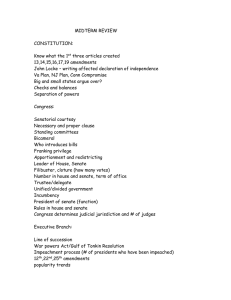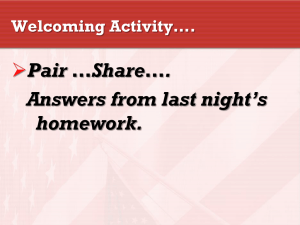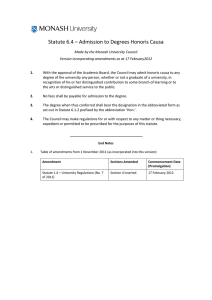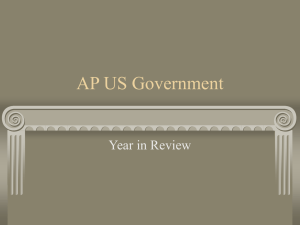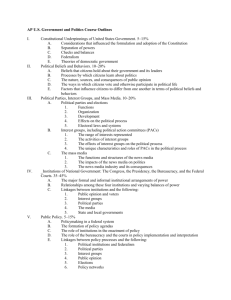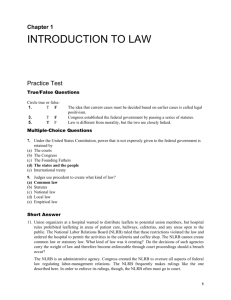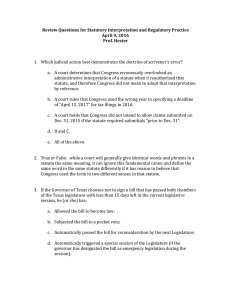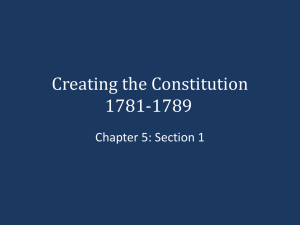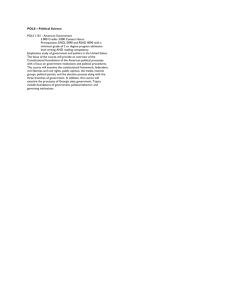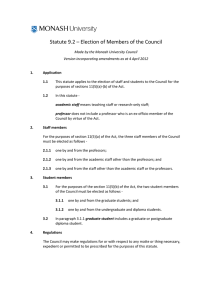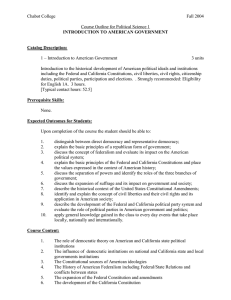1111530602_331427
advertisement
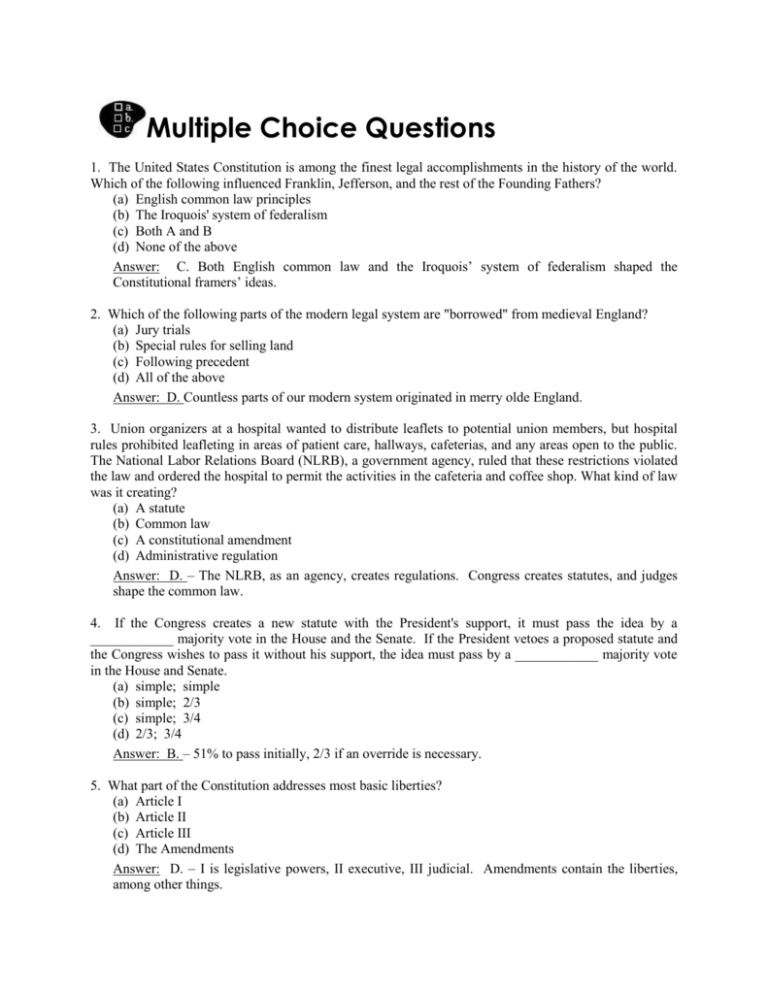
Multiple Choice Questions 1. The United States Constitution is among the finest legal accomplishments in the history of the world. Which of the following influenced Franklin, Jefferson, and the rest of the Founding Fathers? (a) English common law principles (b) The Iroquois' system of federalism (c) Both A and B (d) None of the above Answer: C. Both English common law and the Iroquois’ system of federalism shaped the Constitutional framers’ ideas. 2. Which of the following parts of the modern legal system are "borrowed" from medieval England? (a) Jury trials (b) Special rules for selling land (c) Following precedent (d) All of the above Answer: D. Countless parts of our modern system originated in merry olde England. 3. Union organizers at a hospital wanted to distribute leaflets to potential union members, but hospital rules prohibited leafleting in areas of patient care, hallways, cafeterias, and any areas open to the public. The National Labor Relations Board (NLRB), a government agency, ruled that these restrictions violated the law and ordered the hospital to permit the activities in the cafeteria and coffee shop. What kind of law was it creating? (a) A statute (b) Common law (c) A constitutional amendment (d) Administrative regulation Answer: D. – The NLRB, as an agency, creates regulations. Congress creates statutes, and judges shape the common law. 4. If the Congress creates a new statute with the President's support, it must pass the idea by a ____________ majority vote in the House and the Senate. If the President vetoes a proposed statute and the Congress wishes to pass it without his support, the idea must pass by a ____________ majority vote in the House and Senate. (a) simple; simple (b) simple; 2/3 (c) simple; 3/4 (d) 2/3; 3/4 Answer: B. – 51% to pass initially, 2/3 if an override is necessary. 5. What part of the Constitution addresses most basic liberties? (a) Article I (b) Article II (c) Article III (d) The Amendments Answer: D. – I is legislative powers, II executive, III judicial. Amendments contain the liberties, among other things.
